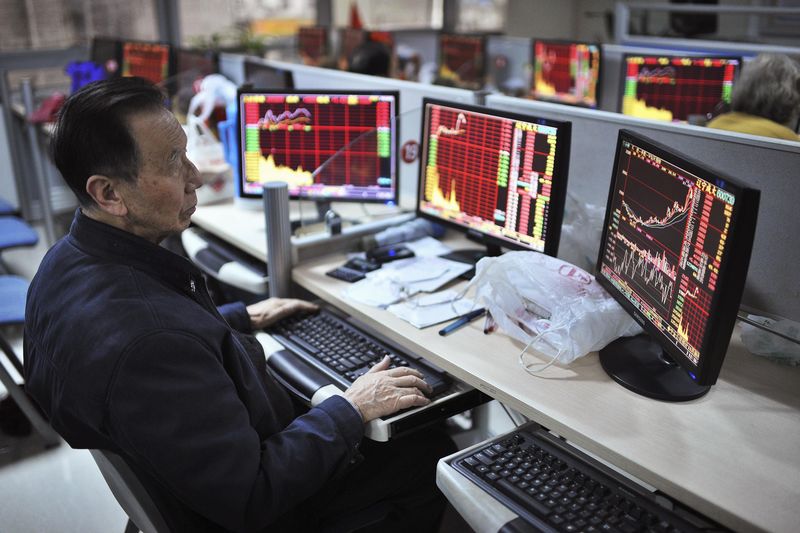Investing.com - Asian shares climbed to a three-week peak on Wednesday, driven by a surge in tech stocks. Meanwhile, the US dollar displayed some instability following weak retail sales data from the US, which further solidified the anticipation of the Federal Reserve implementing rate cuts later this year.
The MSCI's broadest index of Asia-Pacific shares outside Japan saw a 0.72% increase, with regional tech stocks experiencing a record 1.6% rise. Japan's Nikkei index rose by 0.59%, while blue-chip stocks in China dipped by 0.42%. Hong Kong's Hang Seng index enjoyed a 1.3% uplift.
Tuesday's data indicated a minimal increase in US retail sales for May, with the data for the previous month significantly revised downwards. This suggested that economic activity in the second quarter remained subdued.
Despite the mild US inflation readings last week, Fed officials remain cautiously optimistic, expecting one or two interest rate cuts by the end of this year.
The S&P 500 and Nasdaq indexes concluded Tuesday at record highs, with Nvidia surpassing tech giant Microsoft (NASDAQ:MSFT) to become the world's most valuable company.
In the currency markets, the dollar index stood at 105.29, while the euro steadied at $1.0738. The single currency has faced pressure following French President Emmanuel Macron's call for a snap election after his ruling centrist party suffered a defeat in the European Parliament elections.
Ahead of the UK inflation data due later in the day and the Bank of England's policy decision on Thursday, sterling remained flat at $1.2704 in early trading. The central bank is widely expected to maintain the current rates.
In Asia, the Japanese yen was little changed at 157.83 per dollar, staying close to the six-week low of 158.255 it reached last week. The currency continues to face pressure due to the significant difference in interest rates between Japan and the US.
In commodities, oil prices fluctuated as escalating conflicts between Russia and Ukraine and in the Middle East offset demand concerns following an unexpected increase in US crude inventories.
